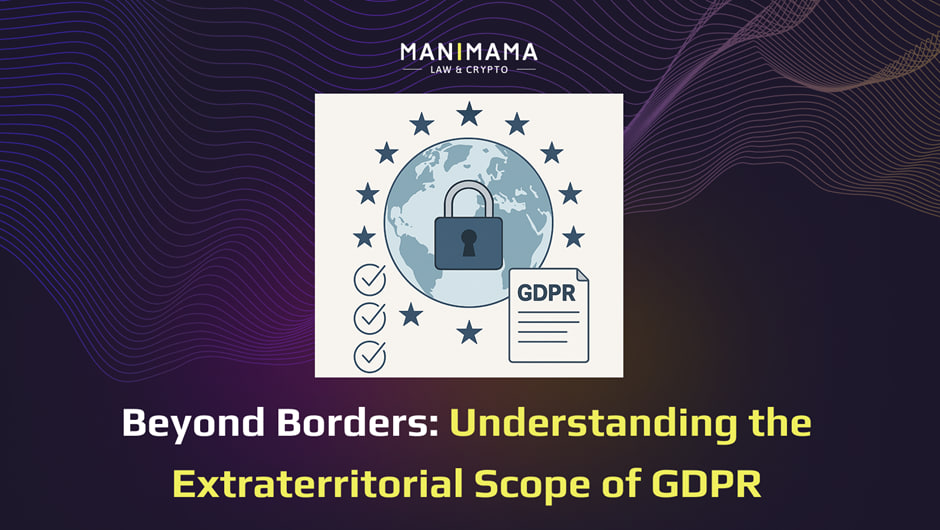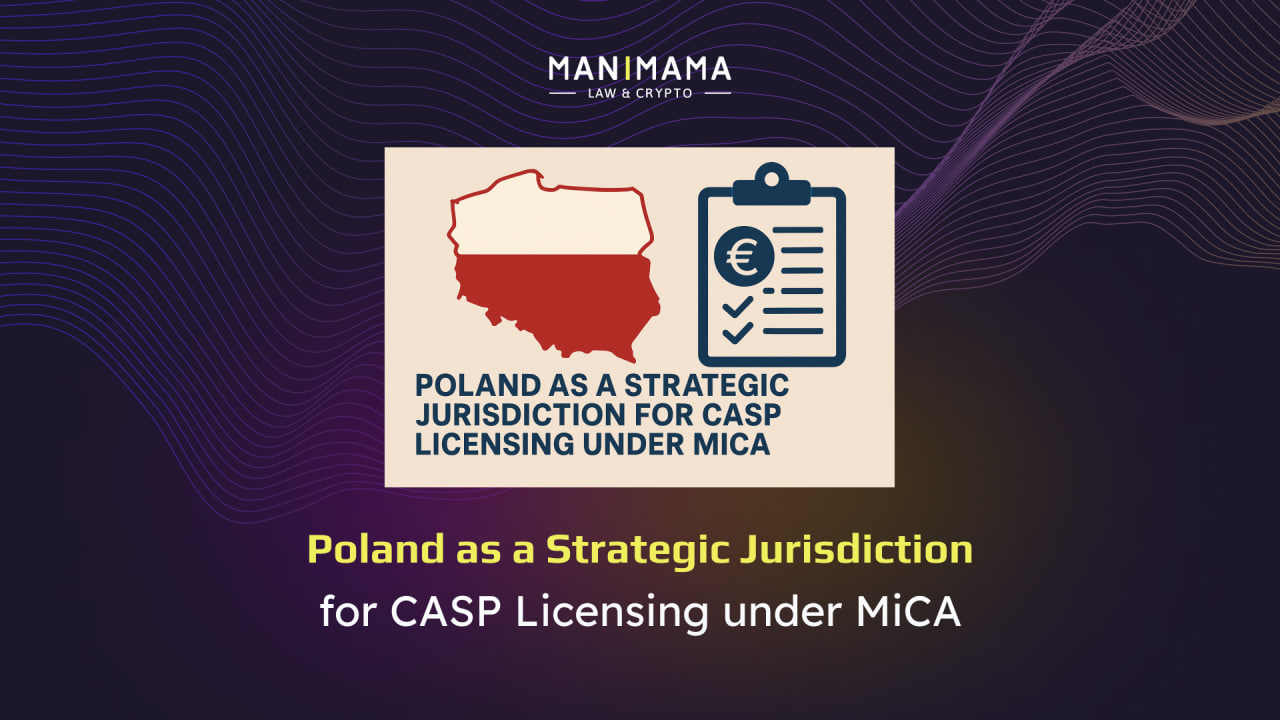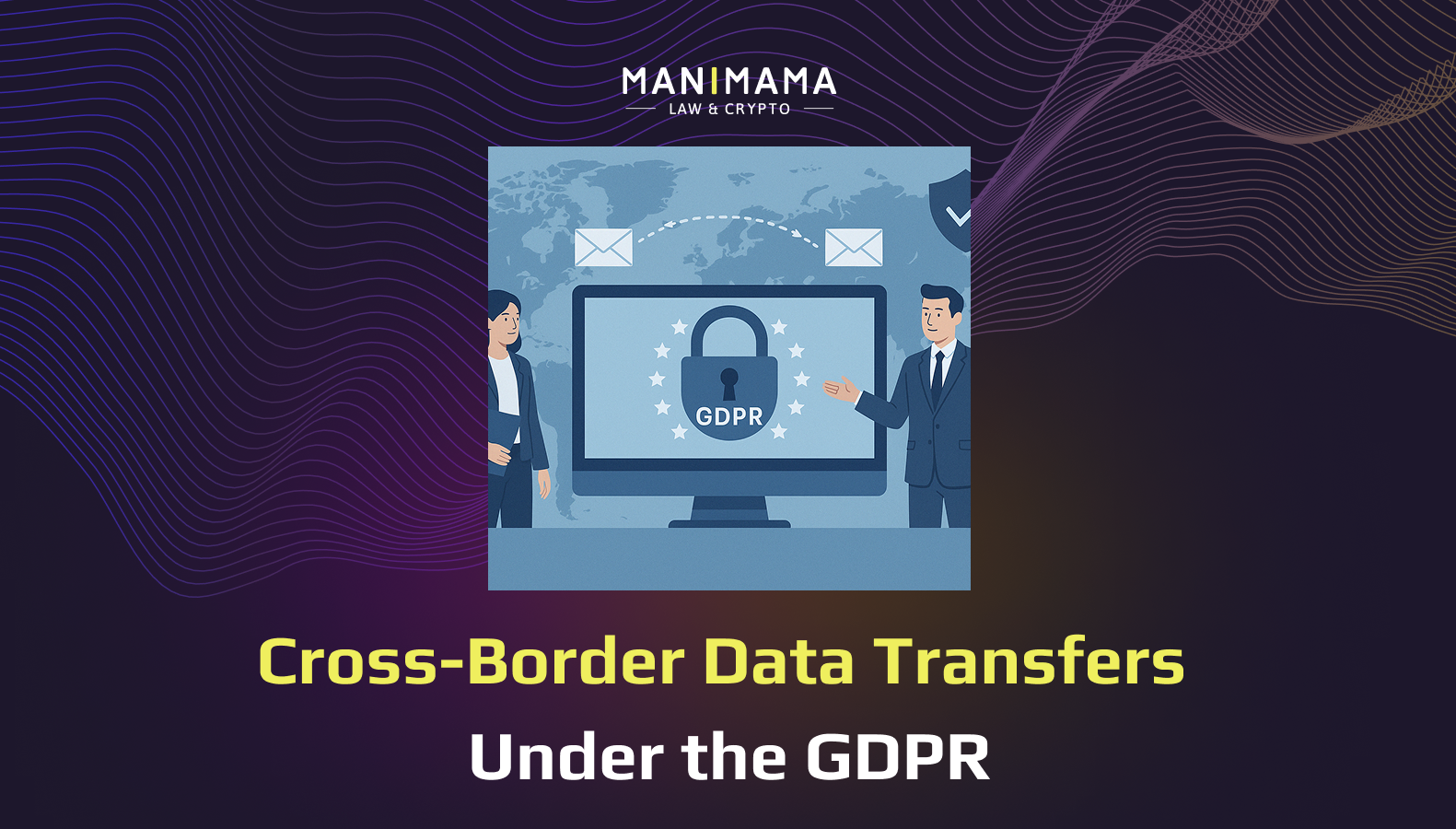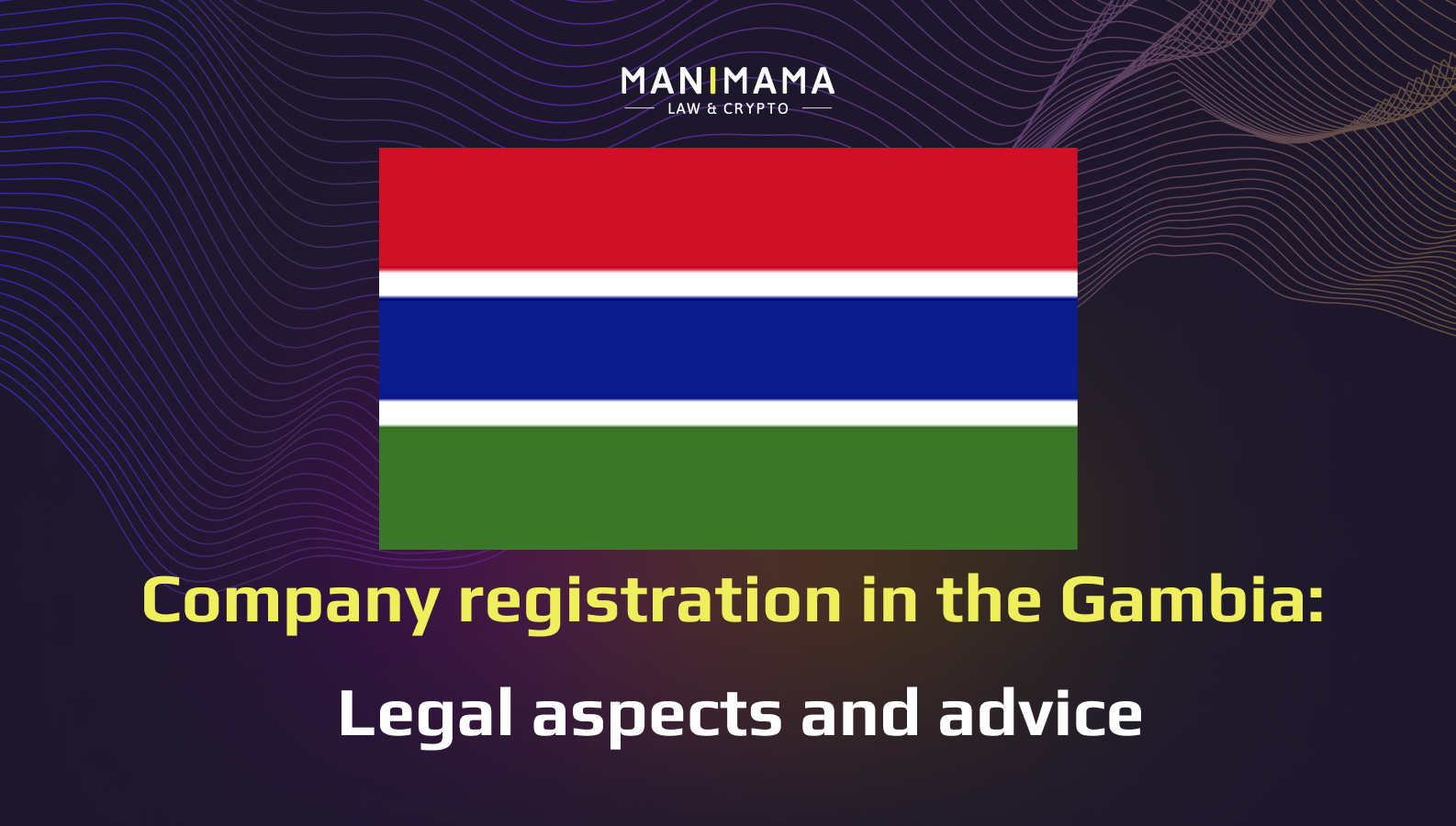When the General Data Protection Regulation (GDPR) came into force in 2018, it fundamentally changed the rules for how organizations handle personal data. However, perhaps its most disruptive feature is this: GDPR doesn’t just apply to businesses inside the EU; it applies globally.
Whether you’re running a SaaS startup in Canada, an e-commerce site in the US, or a mobile app in Japan, if you’re collecting or processing the personal data of EU residents, you’re within GDPR’s scope.
This article explains how the extraterritorial effect of the GDPR works, which types of organizations are affected, and what practical steps you must take to stay compliant.
What Is Extraterritoriality Under GDPR?
One of the most powerful and far-reaching features of the General Data Protection Regulation (GDPR) is its extraterritorial effect—meaning it applies far beyond the borders of the European Union. Under Article 3 of the Regulation, GDPR extends to any organization, regardless of its location, that engages in activities involving the personal data of individuals located within the EU.
Specifically, two key criteria determine whether GDPR applies to a non-EU entity:
- Offering goods or services to individuals in the EU – This includes paid services and free offerings like apps, content platforms, or newsletters. If your website accepts payments in euros, ships to EU countries, or targets users in an EU language, you fall under GDPR’s scope.
- Monitoring the behavior of EU individuals – This applies to tracking user behavior through cookies, IP logging, location tracking, behavioral profiling, or other analytics tools. If you observe how EU users interact with your site or app—even indirectly—you’re “monitoring” under the Regulation.
Real-World Examples:
- A U.S. e-commerce platform that allows EU customers to place orders and ships products to Germany.
- A Ukrainian online news outlet that uses cookies to gather analytics on users in Spain, including click-through behavior or session duration.
- An Indian mobile app that tracks the usage habits of French users and sends targeted push notifications based on that behavior.
The message is clear: your company doesn’t need to have a physical office in the EU to be legally bound by GDPR. If your digital reach crosses into Europe, so does your compliance responsibility.
Legal Duties for Non-EU Controllers and Processors
When GDPR applies to a non-EU organization, it doesn’t do so lightly. It imposes full compliance obligations on those companies as if they were located in the EU.
Here’s what that means in practice:
- Controllers and processors—regardless of location—must uphold the core principles of GDPR when handling data related to EU individuals. This includes accountability, purpose limitation, data minimization, and storage limitation.
- If the company has no EU establishment, it must appoint a legal representative within the EU. This representative must be designated in writing and act as a point of contact for EU data protection authorities and data subjects (users). This requirement applies unless the data processing is occasional and poses a low risk to individuals’ rights.
- Non-EU entities must also:
- Maintain detailed records of data processing activities;
- Implement appropriate technical and organizational measures (such as encryption, access control, and data minimization);
- Conduct Data Protection Impact Assessments (DPIAs) if processing is likely to result in high-risk;
- Notify the relevant data protection authority within 72 hours in the event of a personal data breach.
- Maintain detailed records of data processing activities;
Practical Implications for Global Companies
For businesses around the world—whether startups, SaaS companies, e-commerce shops, or data-driven platforms—GDPR’s extraterritorial reach creates non-negotiable legal obligations.
Even if you don’t intend to target the EU market, you might still fall within scope by default, simply by collecting personal data from EU residents.
Key Impacts on Operations:
- Privacy by design and by default must be integrated into your products and processes from day one. This means minimizing data collection, defining data purposes clearly, and building user rights into interfaces.
- You need a clear legal basis for processing data. The most common lawful grounds for utility-driven platforms include explicit user consent or the performance of a contract.
- Cookie consent mechanisms must be implemented correctly: banners, opt-in choices, clear language, and documentation of user preferences.
- If your company transfers personal data outside of the EU, you must comply with rules for international data transfers. This may require the use of:
- Standard Contractual Clauses (SCCs);
- Binding Corporate Rules (BCRs);
- Adequacy decisions from the European Commission.
- Standard Contractual Clauses (SCCs);
Compliance Essentials:
To comply with GDPR as a non-EU business, you should:
- Appoint an EU representative unless your processing is truly occasional and low-risk;
- Map your data flows—understand where personal data comes from, how it’s stored, who has access, and where it goes;
- Update your documentation—ensure your Privacy Policy, Cookie Policy, and internal procedures are GDPR-aligned;
- Train your team—everyone involved in handling personal data must understand GDPR principles;
- Vet third-party providers—ensure your vendors, analytics partners, and cloud services are GDPR-compliant as well.
Being outside of the EU is not a defense. If your data touches the EU, the EU has jurisdiction—and expectations.
As conclusion
GDPR has redefined the global standard for data privacy. Its extraterritorial scope means no company is too far away to ignore it. Whether you’re selling goods to EU customers or simply using cookies to track their behavior—compliance is mandatory.
The good news? With the right legal and operational approach, GDPR compliance is a competitive advantage. It builds trust, improves security, and future-proofs your business in a privacy-first world.
If you’re unsure how to navigate GDPR as a non-EU company, legal experts like Manimama Law Firm can help you implement sustainable, scalable, and fully compliant solutions.
Our contacts
If you want to become our client or partner, feel free to contact us at support@manimama.eu.
Or use our telegram @ManimamaBot and we will respond to your inquiry.
We also invite you to visit our website: https://manimama.eu/.
Join our Telegram to receive news in a convenient way: Manimama Legal Channel.
Manimama Law Firm provides a gateway for the companies operating as the virtual asset wallet and exchange providers allowing to enter to the markets legally. We are ready to offer an appropriate support in obtaining a license with lower founding and operating costs. We offer KYC/AML launch, support in risk assessment, legal services, legal opinions, advice on general data protection provisions, contracts and all necessary legal and business tools to start business of virtual asset service provider.
The content of this article is intended to provide a general guide to the subject matter, not to be considered as a legal consultation.










